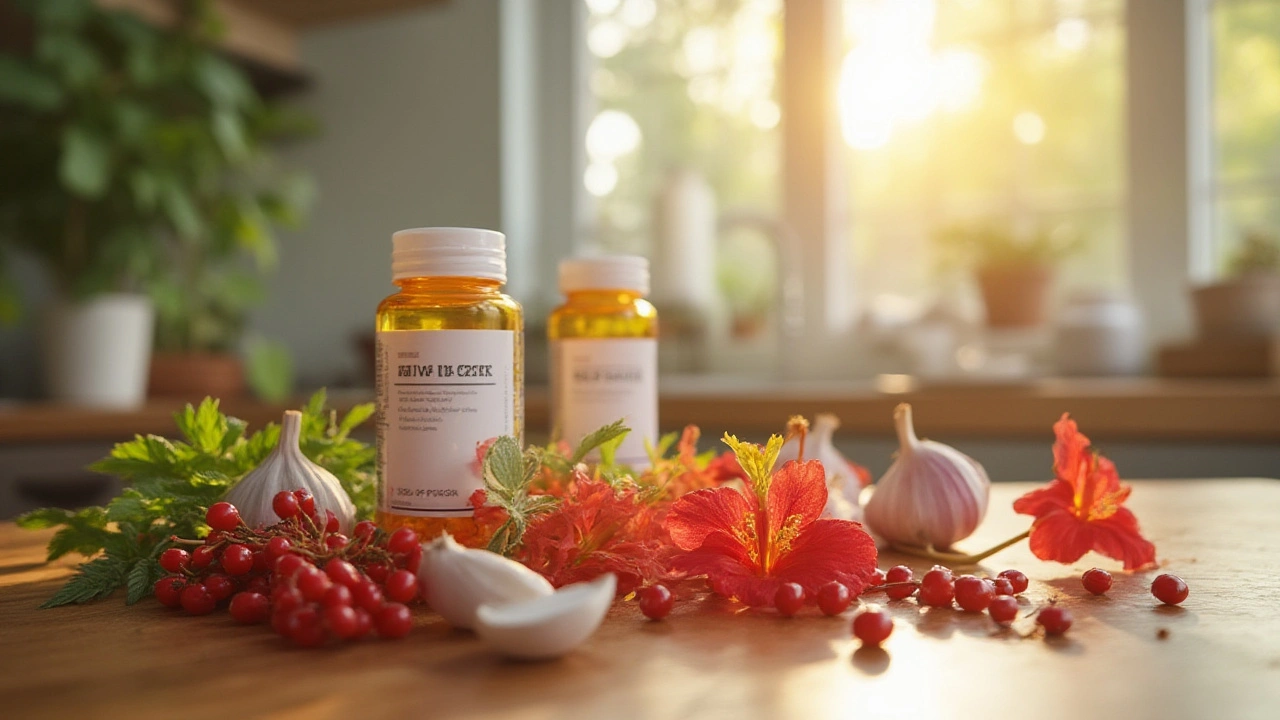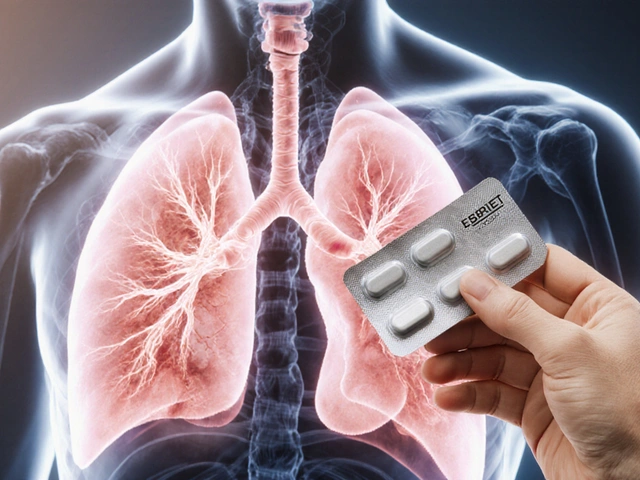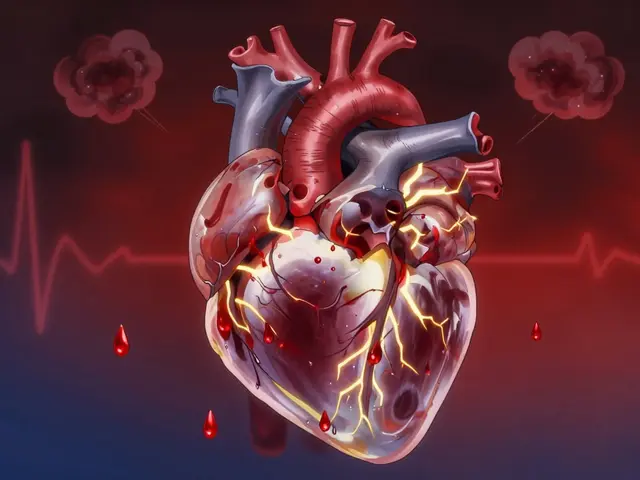Hawthorn Clinical Trials – What the Latest Research Shows
If you’ve ever wondered whether hawthorn really helps the heart, you’re not alone. People on forums, in gyms, and even doctors ask the same thing. The answer lies in the clinical trials that test hawthorn extracts under controlled conditions. Below you’ll get the practical low‑down on who’s studying hawthorn, what they’ve found, and how you can use that info.
Why Researchers Study Hawthorn
Hawthorn (Crataegus spp.) has been used for centuries in folk medicine for heart‑related complaints. Modern scientists are drawn to its flavonoids and oligomeric proanthocyanidins because these compounds can relax blood vessels and improve blood flow. Trials usually focus on three areas: heart failure symptoms, blood pressure control, and overall cardiovascular risk.
Most studies recruit people with mild to moderate heart failure (NYHA class II‑III) because they can safely monitor changes in exercise capacity and quality of life. Some trials also include healthy volunteers to see if hawthorn can lower blood pressure or improve cholesterol without side effects.
Key Takeaways from Recent Trials
1. Improved Exercise Tolerance – A 2023 double‑blind study gave 300 mg of standardized hawthorn extract twice daily to 120 heart‑failure patients for 12 weeks. Participants walked about 15% farther in a six‑minute walk test compared with placebo. That’s a noticeable boost for daily activities.
2. Blood Pressure Effects – A 2022 crossover trial with 60 pre‑hypertensive adults showed a modest 5 mm Hg drop in systolic pressure after two weeks of hawthorn tea (2 g dried berries). The drop disappeared when participants stopped drinking the tea, suggesting a temporary effect.
3. Safety Profile – Across 15 trials covering over 2,000 participants, serious adverse events were rare. Mild side effects such as stomach upset or headache occurred in less than 3% of users. The biggest safety note is a potential interaction with blood‑thinning drugs like warfarin, so you should check with a doctor if you’re on those.
4. Dosage Consistency – Studies that used a standardized extract (containing about 2% flavonoids) reported clearer results than those using raw berries or teas. If you decide to try hawthorn, look for products that list the exact flavonoid content.
5. Long‑Term Impact – Few trials have followed participants beyond six months. The evidence suggests short‑term benefits, but we still need data on whether hawthorn can reduce heart‑related hospitalizations over years.
So what does this mean for you? If you have mild heart‑failure symptoms or borderline high blood pressure, a daily dose of 300‑600 mg standardized hawthorn extract could offer a small but real boost in stamina and perhaps a modest pressure drop. It’s not a replacement for prescribed medication, but it can be a complementary option under medical supervision.
Before you buy, check the label for:
- Standardized flavonoid content (around 2% is common)
- Third‑party testing or GMP certification
- Clear dosage instructions
Bottom line: recent hawthorn clinical trials show modest improvements in exercise capacity and blood pressure, with a solid safety record when used correctly. Keep an eye on new long‑term studies; they’ll tell us whether hawthorn can become a standard part of heart‑failure care.
Herbal Beta-Blocker Alternatives: Clinical Trials on Hawthorn, Garlic, and Hibiscus
Can hawthorn, garlic, or hibiscus help your heart as much as beta blockers? Dive into clinical trial findings and practical tips on herbal heart health.






